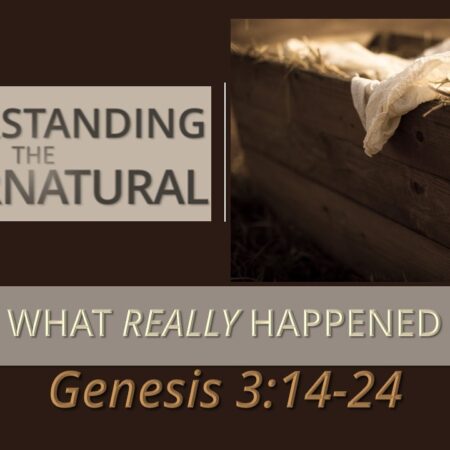“Nachash” means A SHINY DIVINER, one who gave out divine information. That’s exactly what Eve is getting from this divine being, divine information.
ANOTHER SPIRITUAL BEING THAT WE ENCOUNTERED IN THE GARDEN IS THE CHERUBIM.
The tempter in the Garden, that serpent of old, also known as the Devil is not a cherubim, but rather a Seraphim.
Seraphim: The meaning of the Hebrew word for “seraphim” is ‘FIERY SERPENT.”
Seraphim are reptilian/serpentine beings, also known in the Bible as watchers. There are good seraphim who PROCLAIM the Holiness of God and there are wicked seraphim who rebelled against the Most High at various times, and who became the pagan gods of the other nations.
Brian Godawa in “Enoch Primordial Appendix” explains:
“In Hebrew, satan is prefixed by the definite article HA which makes it translate more accurately as THE SATAN, or THE ACCUSER.
In the New Testament Greek, Satan is prefixed by the definite article HO, carrying the same result of THE SATAN as the adversary or the accuser.”
Why is all this important to know? Answer:
For way too long we have been taught that Satan was the highest cherub in God’s heavenly host, a worship leader with the name of Lucifer, who long before the Garden of Eden, rebelled by trying to usurp God’s seat of authority in heaven. He wanted to be “like God”. He was then cast out of heaven with one third of the angels and fell to earth, where he tempted Eve in the Garden as a snake, and now he is “Prince and Power of the air”, over the earth.
Lucifer was actually a Latin translation for the Hebrew words HELEL BEN SHAHAR, which means “Morningstar”, known to the ancients as the planet Venus.
“Satan occurs 27 times in the Hebrew Bible. Ten of those occurrences are without the article. Of these ten occurrences, seven refer to human beings and two refer to the Angel of Yahweh. That means nine of the ten instances clearly do not refer to the Devil or proper personal name, Satan.”
Peggy L.Day (An adversary in Heaven: Satan in the Hebrew Bible)
"Cherubim" Tagged Sermons
Question of the week:
In Exodus, chapters 19-20 we read that God Almighty inaugurated a covenant with Moses, which we know as the OLD COVENANT. This took place on top of Mount Sinai. WHEN was the NEW COVENANT inaugurated and with WHOM?


